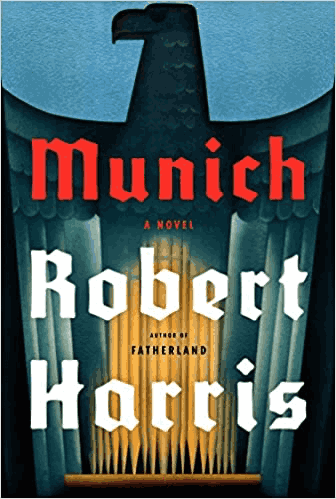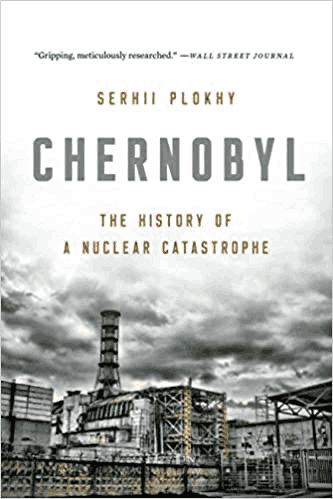by Anna Wiener
A witty and authentic recollection of startup life in 21st-Century Silicon Valley. Wiener had been working in the lower rungs of New York publishing when she seized an opportunity to join a startup. That didn’t work out, but there were plenty of startups. In the end, she spent much of her time at the “open-source startup”, but lots of her friends worked at “the social network everyone hated”; in the end, her open-source startup is bought by “the highly litigious Seattle-based conglomerate” and she returns to writing with a nice nest egg. There’s a lovely little passage the recounts how her Terms Of Service team came up against the early days of Gamergate, and then her astonishment a few years later to see the same tactics employed in the early days of QAnon. A co-worker turns to her. “‘Oh, my sweet summer child,’ he said. ‘They are absolutely the same people.’”



